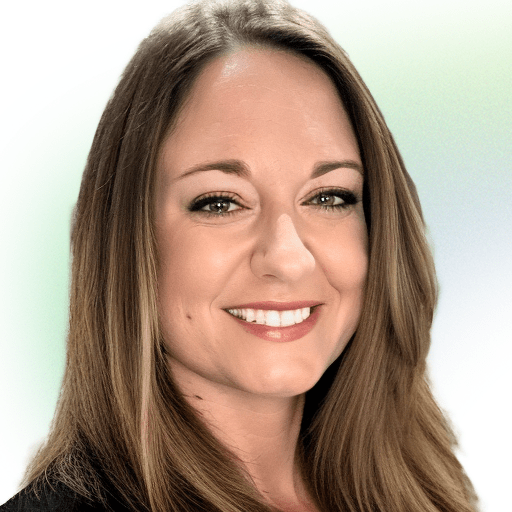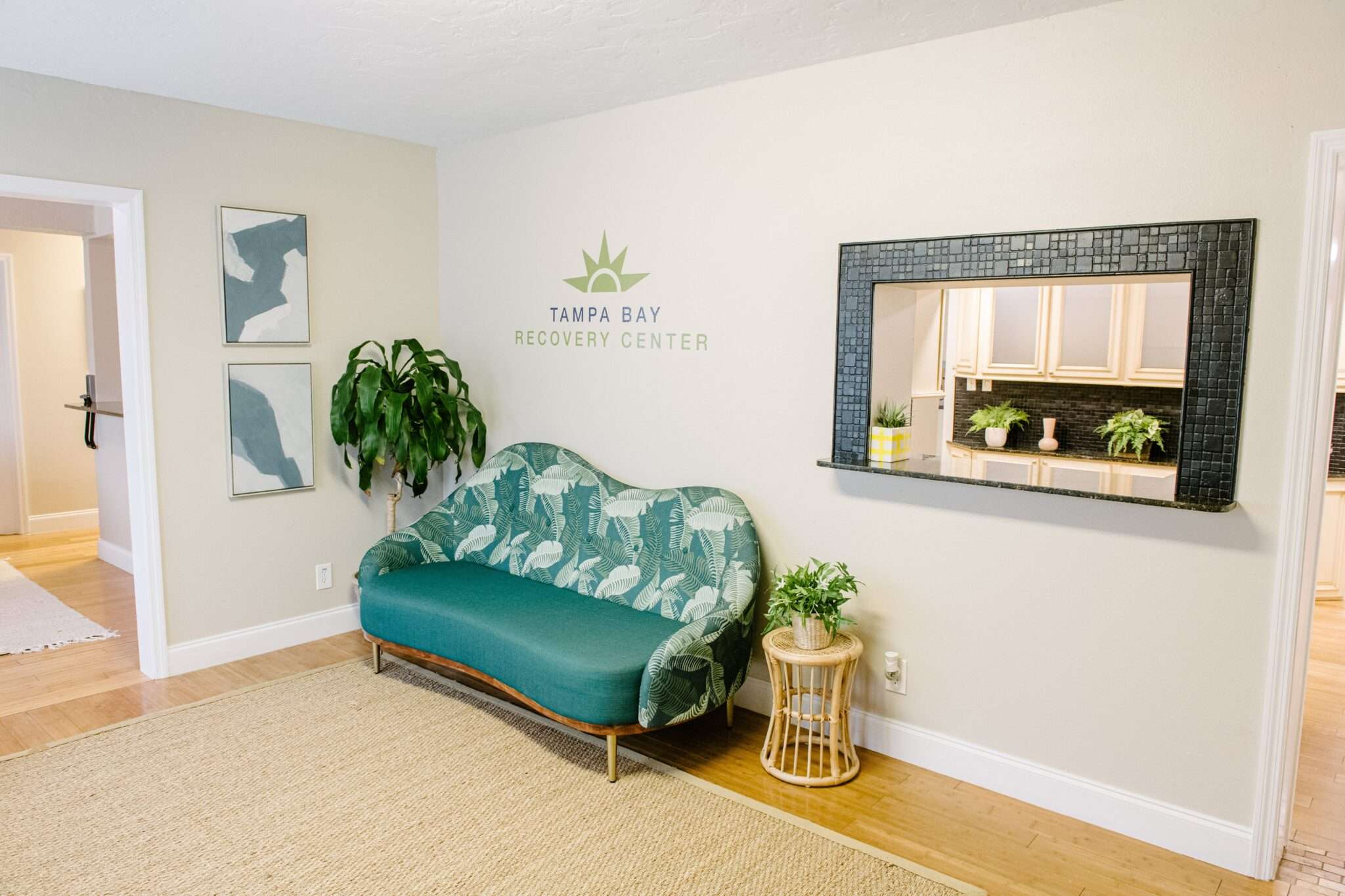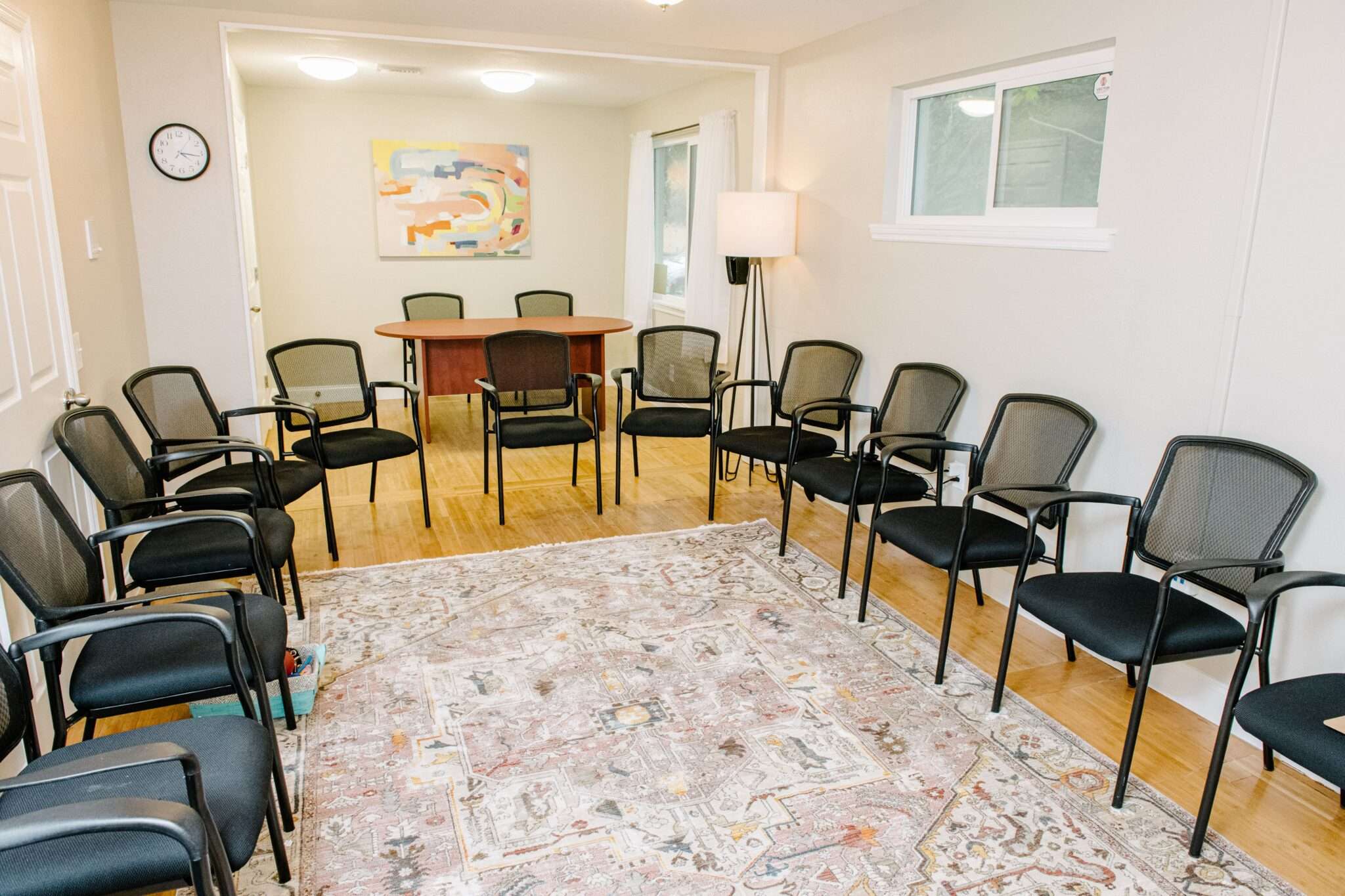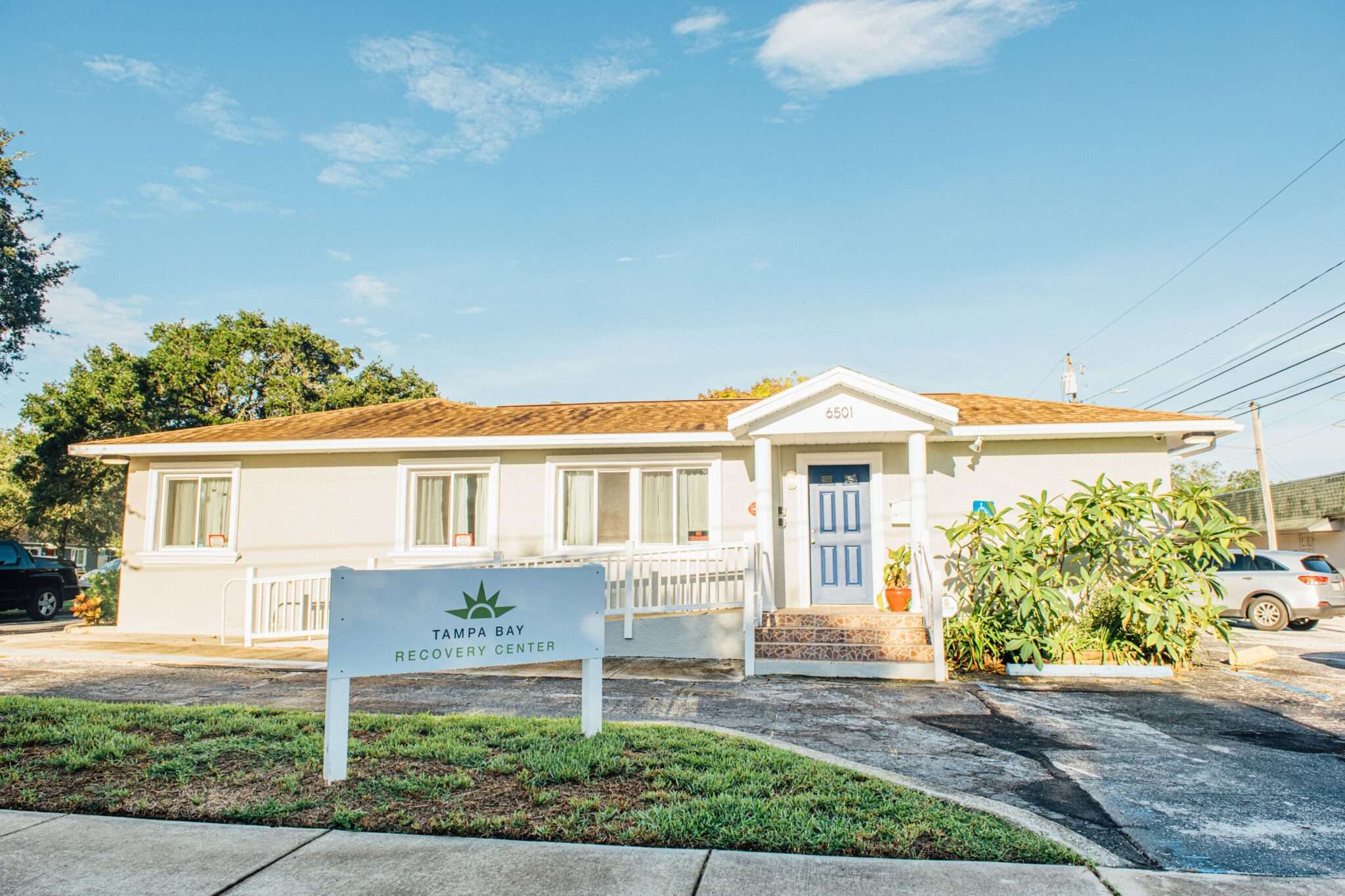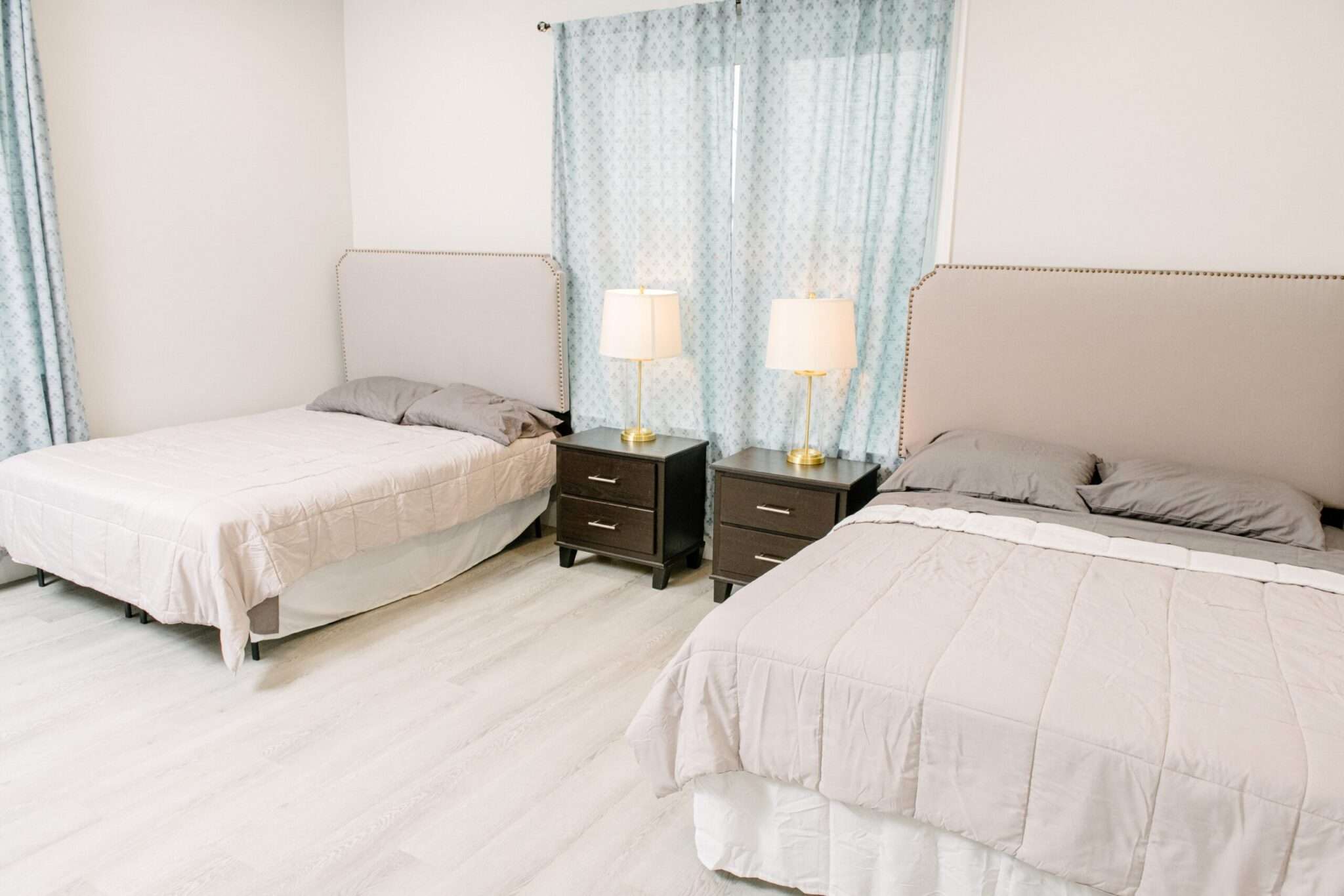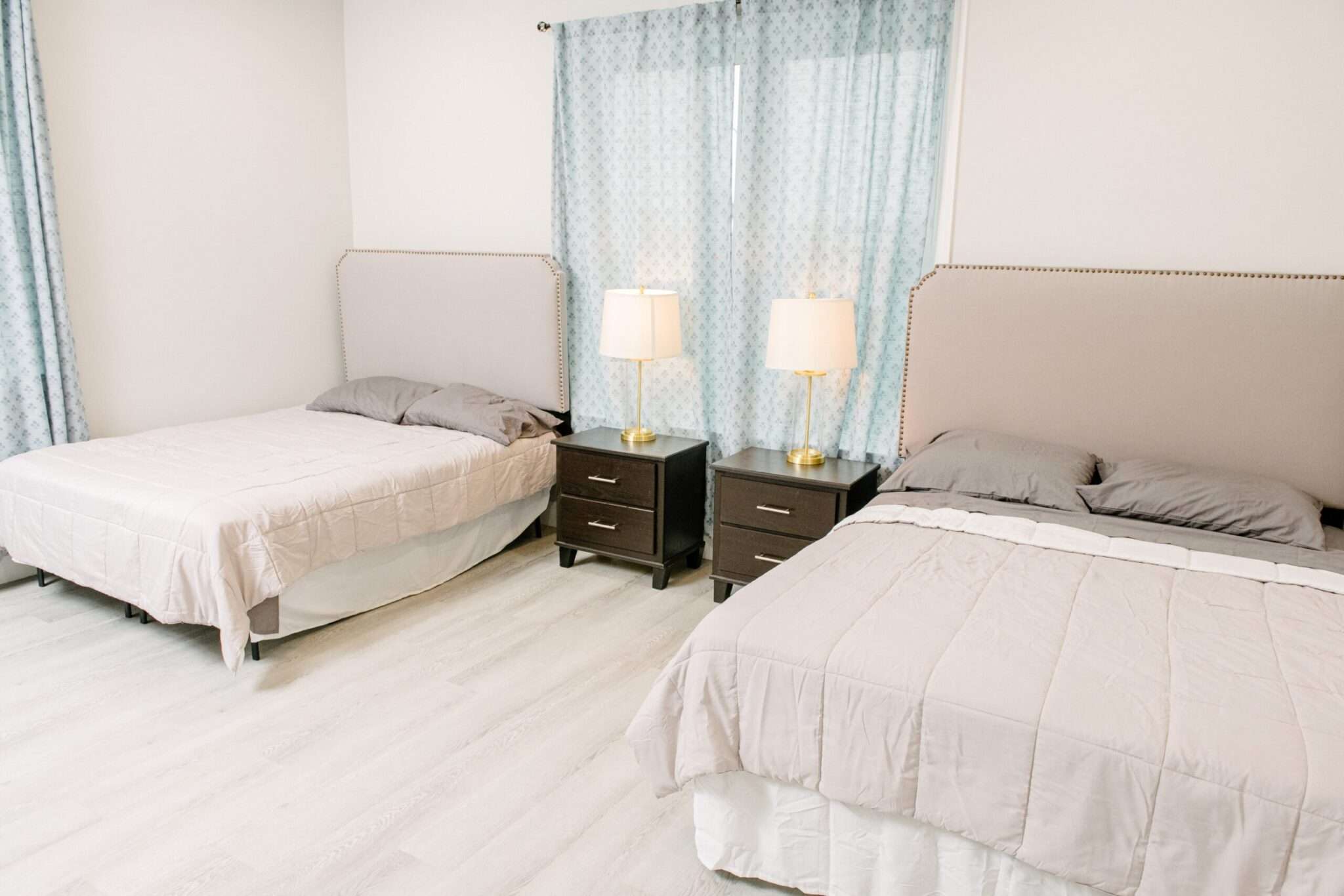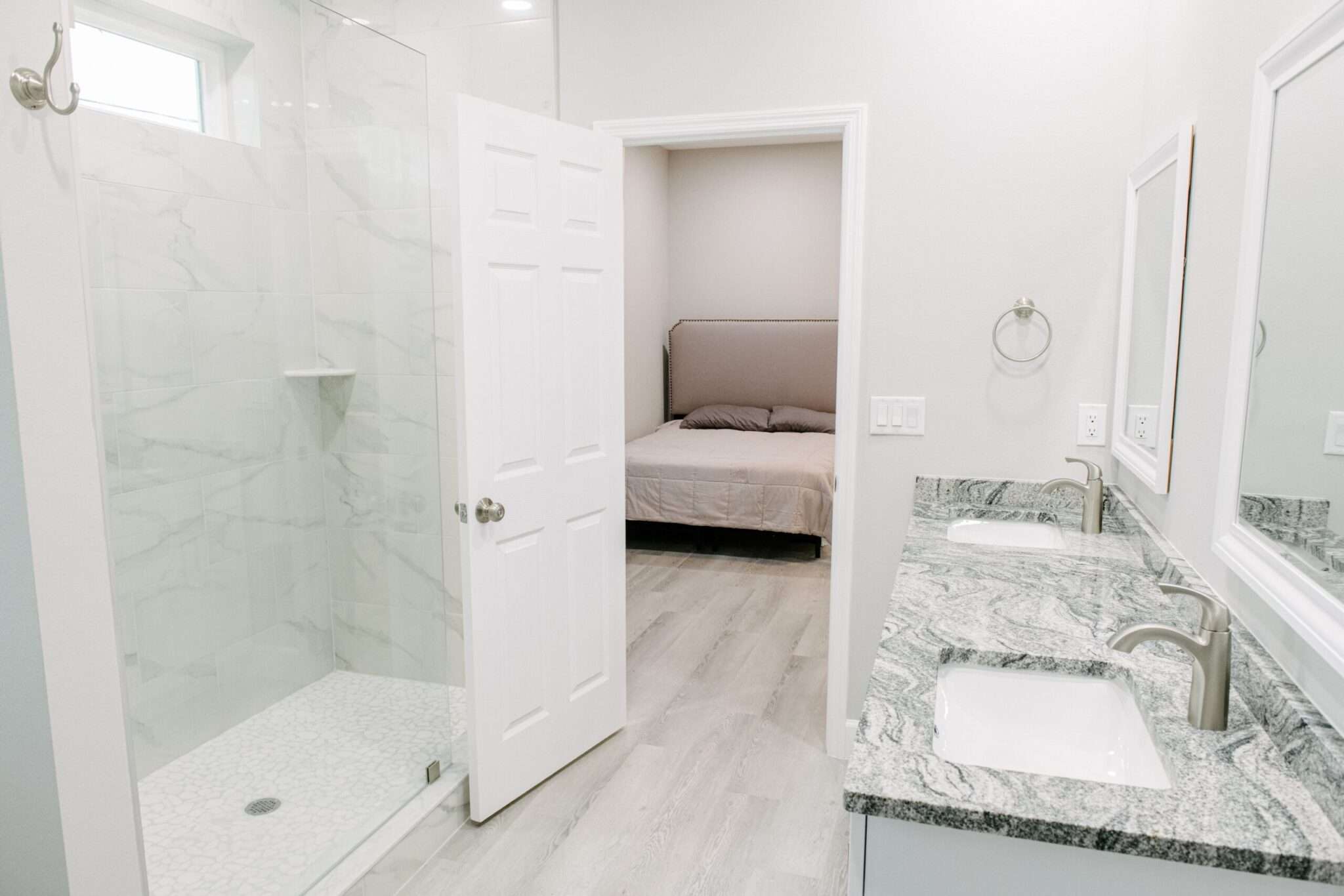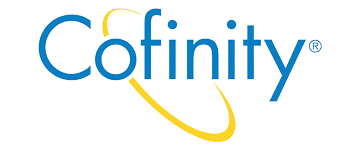Depression is a gut punch. There’s no hiding it, handling it or escaping it. There’s only treating it. Unfortunately, untreated depression is extremely common. And when it happens, you need to know that handling it on your own isn’t going to work. That’s where a Depression Treatment Center comes in. And if you’re in Florida, a Florida Depression Treatment Center can be the difference between health, happiness, and a life of quiet cavernous desperation.
If you’re looking for a Florida Depression Treatment Center, look no further
Gulf Coast Recovery Center’s Florida Depression Treatment Center is the solution
It’s hard to describe just how difficult it can be to get help when you’re struggling with depression. A life with depression can sap your willpower and leave you feeling hollow, worthless and weak. But at Gulf Coast Recovery Center, we have the trained, compassionate, and dedicated personnel that you need to treat your depression, once and for all. Depression is scary. However, untreated depression is scarier. Make sure that you get the treatment you need. Safely. In our Florida Depression Treatment Center. If you’re struggling with depression, we’re so sorry.
But that’s why we’re ready to help. Just give us a call today. And we’ll get you the help you need. Today.
There’s more than just our Florida Depression Treatment Center
Looking for more than just Depression Treatment in our Florida Depression Center? Look no further. If you’re in Georgia, our Depression Treatment centers at North Atlanta Behavioral Health are ready to help you! Likewise, if you need treatment for addiction and mental health, our Florida Depression Treatment Center facilities in Tampa Bay and our Addiction Treatment Center in Georgia are always available to you. Visit our websites, and if you need help, please give us a call.
What is Depression?
Depression is complicated. Millions of people suffer from it. And yet, the adjective that is most often used to describe depression: “sadness” is woefully inadequate to the task. Defining depression is difficult. Just like treating depression in a Florida Depression Treatment Center. Luckily, Gulf Coast Recovery Center can do both:
The Definition of Depression (A.K.A. the need for a Florida Depression Treatment Center)
Depression is a common and serious mental health condition that affects how a person feels, thinks, and handles daily activities. It goes beyond feeling sad or having a bad day—it’s a persistent condition that can last for weeks, months, or even years. Depression is also known as major depressive disorder or clinical depression and involves a range of emotional, physical, and cognitive symptoms.
Key Characteristics of Depression
- Persistent Sadness: A continuous feeling of sadness, emptiness, or hopelessness that lasts for most of the day, nearly every day.
- Loss of Interest: Losing interest or pleasure in activities that once brought joy, such as hobbies, socializing, or even basic daily activities like eating or showering.
- Fatigue: Feeling overwhelmingly tired or lacking energy, even with adequate sleep. This can make even simple tasks seem exhausting.
- Changes in Sleep Patterns: Difficulty sleeping (insomnia), waking up too early, or sleeping too much (hypersomnia).
- Changes in Appetite or Weight: Significant weight loss or weight gain without trying, or noticeable changes in appetite (either eating too much or not at all).
- Difficulty Concentrating: Trouble focusing, making decisions, or remembering details.
- Feelings of Worthlessness or Guilt: Having excessive guilt, self-blame, or feeling like a failure.
- Physical Symptoms: Sometimes depression manifests with unexplained aches, pains, or other physical complaints.
- Thoughts of Death or Suicide: In severe cases, individuals may have recurring thoughts of death or suicide, or even attempt to harm themselves.
Causes of Depression
Depression is an extremely complex condition; one with no single cause. Instead, it results from a combination of factors, including:
- Biological: Imbalances in brain chemicals (neurotransmitters like serotonin, dopamine, and norepinephrine) can affect mood regulation.
- Genetic: A family history of depression increases the risk of developing the condition.
- Environmental: Stressful life events such as trauma, abuse, loss of a loved one, or financial difficulties can trigger depression.
- Psychological: Certain personality traits, such as low self-esteem or a pessimistic outlook, may make someone more susceptible to depression.
- Medical Conditions: Chronic illnesses, hormonal imbalances, or certain medications can contribute to depressive symptoms.
Treating Depression in a Florida Depression Treatment Center
Depression can be scary. It can convince you that you can’t be treated. That you can’t be helped. But at Gulf Coast Recovery Center, we promise you, the day before you get treatment in our Florida Depression Treatment Center, will be the last day before your life begins to turn around and you begin to live a life where you aren’t the daily victim of your own mental health.
Depression is a treatable mental health condition, and many people recover or manage their symptoms effectively with the right approach in a Florida Depression Treatment Center. The most common treatments for depression include psychotherapy, medications, and lifestyle changes, often combined to achieve the best results. At Gulf Coast Recovery Center, Depression Treatment plans are typically tailored to an individual’s specific needs, severity of symptoms, and personal preferences.
1. Psychotherapy (Talk Therapy)
Psychotherapy is a crucial part of depression treatment, helping individuals understand their emotions, thoughts, and behaviors.
- Cognitive Behavioral Therapy (CBT): One of the most widely used therapies, CBT helps individuals identify and change negative thought patterns and behaviors that contribute to their depression. By developing healthier coping mechanisms, patients can manage their emotions more effectively.
- Interpersonal Therapy (IPT): Focuses on improving interpersonal relationships and communication skills, which can reduce stress and symptoms of depression. IPT is especially helpful when depression is linked to relationship conflicts or life changes.
- Dialectical Behavior Therapy (DBT): A form of CBT, DBT focuses on mindfulness, emotion regulation, and coping with distress. It is particularly effective for individuals with chronic depression or co-occurring disorders.
- Psychodynamic Therapy: This approach explores unconscious thoughts and past experiences to understand how they influence current emotions and behavior. It’s less structured than CBT but can help uncover deep-rooted emotional issues.
- Group Therapy: Involves sharing experiences and learning from others with similar challenges in a group setting. It provides support, reduces isolation, and offers different perspectives on recovery.
2. Medications
Medications, particularly antidepressants, can help correct chemical imbalances in the brain that contribute to depression. While they don’t cure depression, they can reduce symptoms, making other forms of treatment (like therapy) more effective.
- Selective Serotonin Reuptake Inhibitors (SSRIs): The most commonly prescribed antidepressants, SSRIs increase the level of serotonin in the brain. Examples include fluoxetine (Prozac), sertraline (Zoloft), and escitalopram (Lexapro).
- Serotonin-Norepinephrine Reuptake Inhibitors (SNRIs): These medications increase both serotonin and norepinephrine levels. Examples include venlafaxine (Effexor) and duloxetine (Cymbalta).
- Tricyclic Antidepressants (TCAs): An older class of antidepressants, TCAs are usually prescribed if SSRIs or SNRIs are ineffective. Examples include amitriptyline and nortriptyline.
- Atypical Antidepressants: These include medications like bupropion (Wellbutrin), which affects dopamine and norepinephrine levels.
- Monoamine Oxidase Inhibitors (MAOIs): One of the earliest antidepressants, MAOIs are now rarely used due to their side effects and dietary restrictions.
- Other medications: In some cases, mood stabilizers, antipsychotics, or anti-anxiety medications may be prescribed alongside antidepressants to treat specific symptoms or co-occurring conditions.
3. Lifestyle Changes
Yes, it’s a cliche. And while lifestyle changes won’t change everything, it will change a whole heck of a lot. Incorporating healthy lifestyle habits can significantly enhance the effectiveness of other treatments for depression in our Florida Depression Treatment Center.
Here’s how you can supplement your depression care.
- Exercise: Regular physical activity boosts mood-enhancing chemicals like endorphins and serotonin. It also reduces stress and improves sleep quality. Even moderate exercise, like walking or yoga, can help.
- Diet: A balanced diet rich in nutrients, including omega-3 fatty acids, vitamins, and minerals, can support brain health and mood regulation.
- Sleep: Poor sleep and depression often go hand in hand. Establishing good sleep hygiene—such as having a consistent bedtime routine and reducing screen time before bed—can improve mood.
- Stress Management: Techniques like mindfulness meditation, deep breathing exercises, and progressive muscle relaxation help reduce stress, which is often a trigger for depression.
- Social Support: Staying connected with friends, family, or support groups can alleviate feelings of isolation and provide a sense of belonging.
4. Alternative and Complementary Therapies
Some individuals find relief from depression through non-traditional treatments, often used alongside conventional methods.
- Transcranial Magnetic Stimulation (TMS): A non-invasive procedure where magnetic fields are used to stimulate nerve cells in the brain that are involved in mood regulation. TMS is typically considered when depression has not responded to medication.
- Electroconvulsive Therapy (ECT): ECT is a highly effective treatment for severe depression, especially when other treatments have failed. It involves inducing controlled seizures through electrical stimulation while the patient is under anesthesia.
- Light Therapy: Often used for Seasonal Affective Disorder (SAD), light therapy involves exposure to a bright light box that mimics natural sunlight, helping regulate mood-related brain chemicals.
6. Hospitalization or Intensive Programs
In cases of severe depression, particularly when there is a risk of suicide or self-harm, more intensive treatment may be necessary:
- Inpatient Treatment: This involves staying at a hospital or psychiatric facility where patients can receive 24/7 care and monitoring.
- Partial Hospitalization Programs (PHPs): These programs provide intensive treatment during the day, but patients return home at night. They are often used when someone needs more than outpatient care but doesn’t require inpatient treatment.
We can provide both inpatient and PHP programs for all interested at Gulf Coast Recovery’s Florida Depression Treatment Center.
Tailoring Treatment
Treatment for depression is not one-size-fits-all. A combination of therapies, medication, and lifestyle changes tailored to an individual’s needs usually leads to the best outcomes. Regular check-ins with a healthcare provider help adjust treatments based on progress and any emerging side effects.
Conclusion
Effective treatment for depression often requires a multifaceted approach, combining medication, therapy, lifestyle changes, and social support. Recovery can take time, but with the right help, most individuals with depression can lead fulfilling, healthy lives. Seeking professional guidance is essential for finding the most appropriate treatment plan.
Starting Treatment in a Florida Depression Treatment Center
It’s as easy as giving us a call
It’s easy. Get depression treatment at Gulf Coast Recovery Center’s Florida Depression Treatment Center. At Gulf Coast, we have the staff, treatment protocols and procedures that you need to safely treat bouts of depression and get the help you need.
It’s OK to admit that you need help. It’s OK to admit that you need to get treatment. And if you’re struggling with depression, there’s no better favor you could do for yourself and your loved ones than getting help

